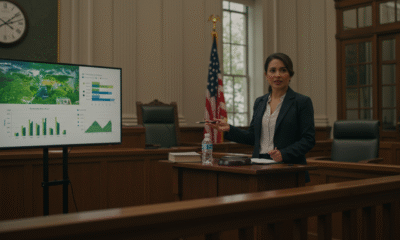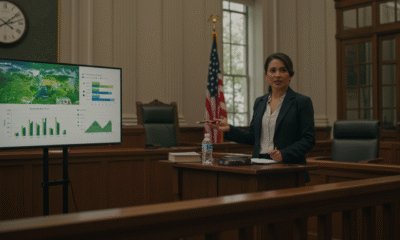We have talked a lot about the benefits of running a sustainable business. A growing number of customers have expressed a strong desire for eco-friendly products, as they strive to do their part to make the planet a better place. Earlier this year, McKinsey and Company conducted a poll showing that 78% of customers prefer buying eco-friendly products and services.
Unfortunately, the growing demand for sustainability in business has not led to a surge in profitable eco-friendly businesses. Harvard Business Review touched on this concern with their article The Elusive Green Consumer.
The harsh reality is that the eco-friendly business that you started may fail. In that case, you need to have an exit strategy.
Knowing How to Close Down Your Eco-friendly Business
For many green businesses, there comes a time when it’s time to shut up shop. Whether you want to retire or your company is simply no longer profitable, there are any number of reasons why it might be appropriate to start the closure process.
The reality is that closing a company is often far more complicated than it is to start a business. There are multiple different options to choose between, depending on your financial situation and who’s decided to close the business.
Different ways to close a company
There are multiple different ways to close a company, with the main difference being based on whether the company is in debt or not. In most situations, you’ll need the assistance of an insolvency practitioner such as Chamberlain & Co., to guide you through the process in a legally compliant manner.
Solvent companies
For companies that are able to pay their debts (solvent companies), things are relatively simple. You can either:
- Apply to have the company struck off the Companies Register. Companies can only do this if they have not traded, sold stock, or changed their name in the past three months, are not threatened with liquidation, and have no arrangements in place with creditors.
- Apply for a Members’ Voluntary Liquidation. To do this, you will need to make a ‘Declaration of solvency’ to prove that you are not indebted. You will need to then hold a meeting with shareholders, and pass a winding up resolution, allowing you to appoint a liquidator and advertise the resolution in The Gazette.
Insolvent companies
For companies that are unable to pay their debts (insolvent companies), things get a little trickier. You can:
- Go through a Creditors’ Voluntary Liquidation. Again, this process will be handled by an authorised insolvency practitioner, who will help wind up the company, selling off any assets to repay creditors in the legal order of priority.
- Go through a compulsory liquidation. In many cases, this will be the least favourable situation to find your business in. In a compulsory liquidation, creditors will force your business into liquidation if no agreement can be made on how to proceed. Directors will have little say in the matter, and the process will largely be outside of their control, as the process will be imposed by the court system.
Closing a company is evidently a relatively complicated process, and it’s important that you get it right. If your company is solvent, there is relatively little pressure to get the ball rolling; it’s in your court, and it’s basically up to you on how you want to proceed.
In cases where there is outstanding debt, however, you need to make sure that you can come to an agreement with your creditors. If you are unable to repay them, then it’s better to try to arrange a Creditors’ Voluntary Liquidation. This will help to ensure that the process is carried out in a more controlled manner, with minimal outside intervention from the courts.
Know When to Pull the Plug on Your Green Business
There are a lot of great ideas for green businesses. Unfortunately, they are not guaranteed to succeed. You need to know when and how to shut down your business if it fails.


 Environment12 months ago
Environment12 months agoAre Polymer Banknotes: an Eco-Friendly Trend or a Groundswell?

 Features11 months ago
Features11 months agoEco-Friendly Cryptocurrencies: Sustainable Investment Choices

 Features12 months ago
Features12 months agoEco-Friendly Crypto Traders Must Find the Right Exchange

 Energy11 months ago
Energy11 months agoThe Growing Role of Solar Panels in Ireland’s Energy Future





























